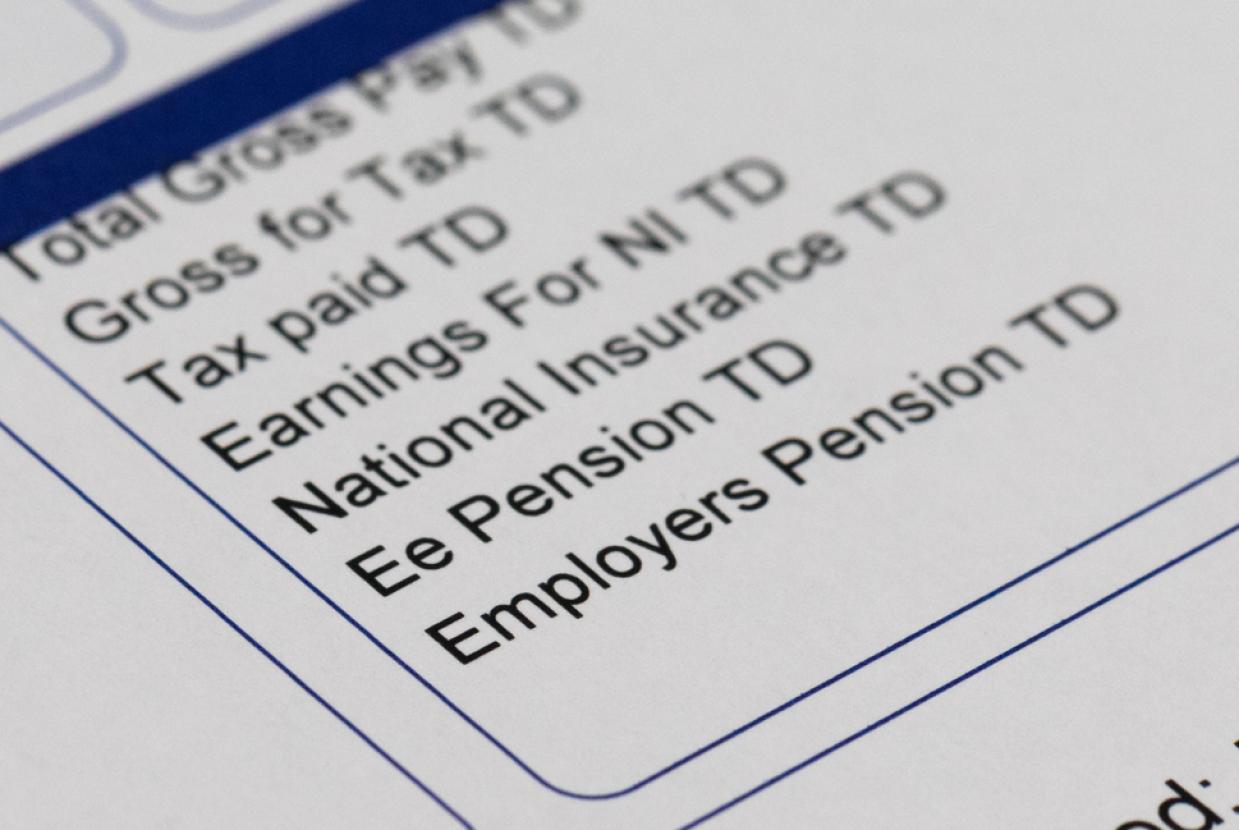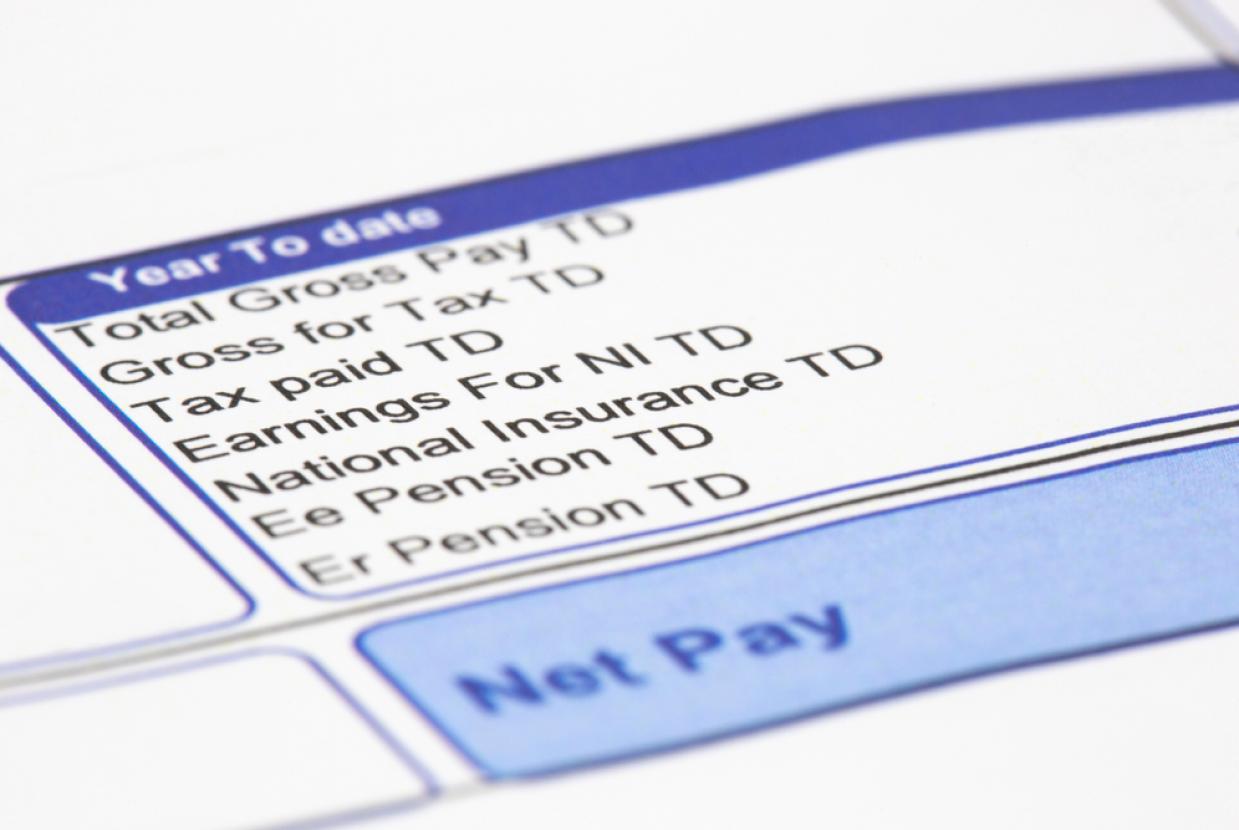Teaching Kids About Money
Children start to learn about money from early childhood. Parents and carers have the most important influence on how children deal with money in adult life. Teaching children about money helps them manage their own finances as they get older. There are lots of age-appropriate ways to do this by keeping it simple and making it fun.
Why is it important to teach children about money?
Teaching children about money equips them with the knowledge and skills they need to manage their money effectively now and in the future. Children who do better with money tend to have parents/carers who talk to them about money and give them responsibility for spending and saving from an early age.
Take some time to think of your own money habits:
- Did you pick up any of your money habits from your parents or caregivers?
- What good money habits can you trace back to your childhood learning?
- What bad money habits can you trace back to your childhood learning?
Teaching children about money will help make their future more secure. So the sooner you start developing their financial skills, the sooner they can start to hone those skills.
How does talking about money help?
Having conversations about money builds children’s confidence on the subject and helps to develop their financial skills. Children who are encouraged to talk about money tend to do better with money when they grow up.
Do children learn about money at school?
Financial education is taught as part of the secondary national curriculum in England, and the national primary and secondary curriculum in Wales, Scotland and Northern Ireland.
Six fun ways to teach children about money
There are lots of fun money activities you can use. Try some of the following activities and use them to spark conversations.
1. Where we learn our money habits
Research shows that how we behave around money as adults is learnt early on when we’re young and observations we make of the world around us.
Use the following activities to better understand how children learn about money – whether that’s from you, the TV, or their friends. Children learn by watching
When out food shopping, take them with you:
- Make money-related decisions out loud so they can hear you. For example, why you chose the shop brand cereal over the better-known brand.
- Compare prices out loud or ask them to tell you the different prices of products.
- Ask them to load the shopping at the till and hand over the money.
- Check your receipt in front of them.
- Ask them about how they saw you handling money and why they think you handled it in certain ways. For example, counting your change before you left the shop.
Get out all their ‘must have’ items bought over the last few years. For each item, ask why they wanted it and how often they’ve used it. This teaches them that wanting what their friends have is different from wanting something because they really like it!
2. Get them familiar with money
Handling money is an important part of gaining confidence around it. Start by letting them see and handle coins, notes, and credit/debit cards.
Give them a piggy bank or money box for their own cash. Talk about why it’s important to keep money safe. Introduce the idea of saving for something they really want. Together, regularly count the money they’ve saved.
Counting your pennies
With younger children, put lots of 1p coins and one each of a 2p, 5p, 10p, 20p, 50p and £1 coin on a flat surface.
Build a pile of 1p coins next to each of the higher value coins to show the difference in their value. Take down the piles and ask them to recreate them.
3. Learning what money is used for
As they become more familiar with money, they’ll start to understand how it’s used day to day, including the different ways of paying for things.
List the things you’ll be doing with them over the next few days, including going on public transport and buying snacks.
Put cash that covers these costs in a purse or wallet and ask them to pay for each item or activity using the money in the purse.
If they ask for something extra, explain this might not leave enough in the purse for the other things they want to do.
Take them shopping for one day’s school lunchbox, giving them a spending limit. Give them a few choices for each of their usual items. Help them work out how much the different combinations will cost.
Make sure the lunch they take to school only includes what they could choose within their spending limit.
4. Let them have a go
To gain confidence in their ability to manage money, they need to see that you have confidence in them. You can show this confidence in them through pocket money and helping them learn to save. In other words, let them have a go with money.
The most important message to get across to older children is ‘save, spend, save again.’
Perhaps give your child weekly pocket money to put in their money box or bank account. This doesn’t have to be much – the aim is to show confidence in their ability to manage their own money. Maybe give them the opportunity to top it up by doing chores around the house. Ask them how they feel about earning their own money and what they plan to spend it on.
You can gradually increase older children’s pocket money. This will help them learn to budget for their toiletries, clothing and social activities.
Work out what you spend on them in one of these areas in a year, divide by 12 and give this to them as a monthly allowance.
When they’re confident in one area, add another – and so on until they’re managing all their personal spending.
Talk to them about something they really want but that their pocket money won’t stretch to. Help them work out how long it will take them to afford it if they save all, half or a quarter of their pocket money each week. Help them decide their best savings option, then make a progress chart to keep them motivated. Remember to praise them when they reach their goal!
5. Virtual money
Using mobile phones and other technology is a fact of life for most of us. This means children will be exposed to virtual money from a very early age. If virtual money is already part of your life, don’t forget to show them that this part of your money management as well.
Get the balance on your current account from a cash machine or via online banking and show it to them. Use your card to shop for food, then get another balance and show them how it’s less than before. Do the activity again before and after withdrawing cash or shopping online.
Use a mobile phone to introduce them to the idea of ‘when it’s gone, it’s gone’. For a younger child, set a monthly top-up limit on a basic, pay-as-you-go phone.
For an older child, use a contract phone that blocks any activity not included in the monthly contract fee.
Many digital games are based on the player collecting tokens that allow them to progress through levels or to get extra features. Turn household jobs into a similar game, giving them ‘tokens’ they can exchange for rewards, such as extra pocket money or a favourite treat. With teenagers, this rewards system can lead to the idea of getting a part-time job to increase their spending power.
6. Budgeting for children
By now, you’ve seen how children of all ages benefit from being involved in money. Now it’s time to help them plan a budget for something they want.
By looking at all the costs in advance, they’ll find they can make their money go further. Once children learn basic budgeting through direct experience, it’s there for life.
Set a budget for a day out – this can be a big treat or just spending a day together near home. List all the things you all want to do and how much each will cost, plus any freebies.
Remember to include all food, drink and transport costs (bus, train, car fuel and parking). Ask them if they have any ideas for how you might save money on certain aspects of the trip. Talk to them about what you could spend these savings on.
For older children, if their monthly social life allowance disappears too soon, discuss breaking it down into four weekly amounts and ways of making these last a week.
If they buy lots of clothes but complain they can’t afford the latest trainers, help them come up with a plan for saving over a number of months.
If their allowance covers most personal spending, remind them to put money aside for essentials like underwear and occasional costs like magazine or game subscriptions.
For age-specific guides, please click here.



































